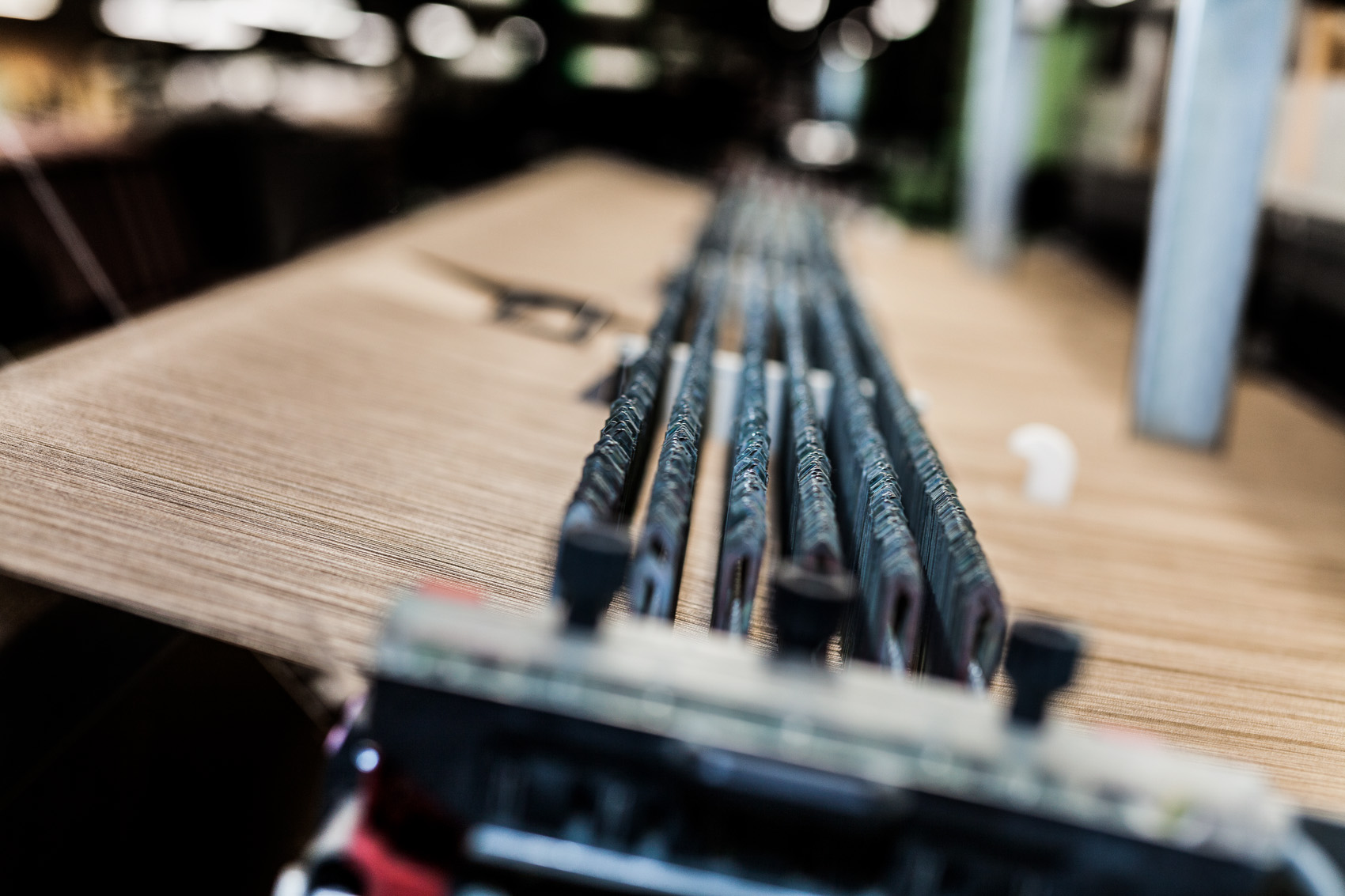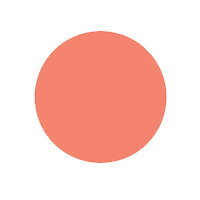Recacril® canvases are high performance fabrics made from fade resistant solution-dyed acrylic fibers. Specially designed for awning and sun protection items.
Product Features
Recacril®
Recacril® canvases are high performance fabrics made from fade resistant solution-dyed acrylic fibers. Specially designed for awning and sun protection items.
Recacril® canvases are high performance fabrics made from fade resistant solution-dyed acrylic fibers. Specially designed for awning and sun protection items.
Recacril® canvases are high performance fabrics made from fade resistant solution-dyed acrylic fibers. Specially designed for awning and sun protection items.
Recacril® canvases are high performance fabrics made from fade resistant solution-dyed acrylic fibers. Specially designed for awning and sun protection items.
Recacril® canvases are high performance fabrics made from fade resistant solution-dyed acrylic fibers. Specially designed for awning and sun protection items.
Recacril® canvases are high performance fabrics made from fade resistant solution-dyed acrylic fibers. Specially designed for awning and sun protection items.
Recacril® canvases are high performance fabrics made from fade resistant solution-dyed acrylic fibers. Specially designed for awning and sun protection items.
Recacril® canvases are high performance fabrics made from fade resistant solution-dyed acrylic fibers. Specially designed for awning and sun protection items.
Recacril® canvases are high performance fabrics made from fade resistant solution-dyed acrylic fibers. Specially designed for awning and sun protection items.
Product Features
Recacril®
![]() Sun Protection
Sun Protection
Fade Resistant UPF Rated
![]() Antimicrobial
Antimicrobial
Mold and Mildew Resistant
![]() Printable
Printable
Wide Variety of Colors

Recacril® canvases are high-performance fabrics made from fade resistant solution-dyed acrylic fibers, specially designed for awning and sun protection products.
All spinning and weaving processes are optimized to give the canvas a high tensile and tear strength, and to produce an excellent surface finish for applying the Infinity Process high-tech coating.
The Infinity Process is a proprietary finishing technique that offers exceptional repellency to water and dirt, superior dimensional stability, and creates a durable fabric that keeps its aesthetic allure over the life of the product.
Recacril® canvases are very easy to handle because the fabric has a consistent firm hand and excellent flat lay that makes it easy to cut, sew, and fabricate. The tight weave structure and smooth surface of Recacril canvases make printing easier. These elements provide better adhesion of the vinyl when heat transfer equipment is used. If screen printing is used, the closed structure of the yarns allows less ink to pass through the fabric, resulting in sharper, better-defined prints.
Recacril® canvases follow rigorous quality control standards throughout the manufacturing process, meeting all requirements for obtaining approval of the UNE-EN 13561:2004+A1:2009 performance requirements for awning safety.
Generally, synthetic yarns are colorless when manufactured. There are two ways to color the fibers:

Conventional Dye. Immerse the fiber (yarn or fabric) in a solution of dye and other auxiliary products. As the colorant is applied after the fiber produced, it is distributed evenly on the surface, but without penetrating to the core of the fiber.

Solution dyed. The other way to dye fibers is to add the dye to the liquid fiber solution before extrusion. Dye is mixed into the solution thoroughly, bringing the color all the way through the fiber, obtaining vibrant fabrics with great wear resistance, excellent hue, and exceptional resistance to weathering, mold and mildew.
As a result of ongoing research and development, RECASENS develops and applies the Infinity Process to all Recacril®, Recacril® Marine, Recsystem® and Recwater canvases.
The Infinity Process is a high-tech treatment designed to ensure lasting quality in all of the fabric lines. In this proprietary process, nanoparticles completely cover the surface of the fabric fibers, forming a permanent lining. After treatment, the surface and inside of the fabric are permanently protected from dirt build-up and weather damage.
The low reactivity and high stability of the Infinity Process gives our awnings durable and long lasting protection especially against mold, as well as providing excellent water and oil repellency.
Recacril® canvases offer effective sunscreen protection as they filter high percentages of ultraviolet radiation. The level of protection varies according to fabric type and depending on the weight, thickness and color. Canvases with a higher weight protect better, and darker canvases offer better UV protection than clear ones.
RECASENS acrylic canvases offer high levels of UV protection, Ultraviolet Protection Factor (UPF) of up to +80 according to international standard UV Standard 801.
The Infinity Process gives Recacril® canvases good water and oil repellency, able to withstand a short, light rain. The Recacril® canvases are designed primarily for sun protection, but if an awning is installed with a minimum slope of 14° and properly maintained, Recacril canvases also offer good protection against short, light rains.
If a canvas has to withstand frequent and intense rains, we recommend using waterproof products such as Recsystem® and Recwater.
For 10 years after installation, RECASENS warranty covers their fabrics against decomposition, significant loss of strength, and fading only, for regularly maintained fabrics under normal use and environmental conditions.
RECASENS will either, at its discretion, replace free of charge or reimburse the invoice value of the section of fabric recognized as faulty, excluding any costs or any other compensation for any reason whatsoever.
The warranty does not protect against any damage due to abuse, neglect, vandalism, burns of any kind, fires and natural disasters.
Consequently, the warranty excludes the following damages:
The warranty excludes the cost of any mechanical device (hardware, mechanisms, structures, etc.) as well as any cost of manufacturing, assembly and installation.
The warranty takes effect from the date of installation of awnings, curtains or any other product made with RECASENS canvases.
RECASENS canvases are a component of the final product. If you detect any defective fabric, please contact the installer or distributor from whom you purchased the product.
The high-tech Infinity Process finishing technique provides RECASENS canvases with long lasting protection against mold, as well as excellent water and oil repellency, making awnings that will protect you from both sun and water for many years.
However, the accumulation of dust, air pollution particles, foreign organic materials and general dirt can damage this protection, shortening the life of the canvas, so the fabric must be properly cleaned and maintained.
The most effective method for maintaining your canvas is to clean it once a month using a low pressure hose to prevent dirt accumulation. IMPORTANT: The fabric must be completely dry before closing or storing the awning.
The awning may be left open in the rain, as rain will also help prevent the accumulation of dirt. If for any reason you have to roll the awning while it is still wet, unroll it as soon as possible to let it dry. In times of continuous rain, we recommend keeping your awning rolled closed.
In addition to monthly rinsing, in most environments, the canvas will require a more thorough cleaning every 2-3 years. To clean your canvas:
Recacril® fabrics are protected against the growth of fungi, however, fungi can grow on embedded dirt. A more intensive cleaning will remove these stains:
Properly dispose of chemicals and dirty water to protect the environment. Bleach and other chemicals can damage or destroy surrounding plants, animals and other living matter.
Some imperfections in material may occur due to handling during preparation or installation of the awning.
Whitish marbled streaks may form on the surface of the fabric during folding, handling and fabrication. This effect, called “crazing,” happens when fabric is folded, and creates micro fractures to the finish, causing light to refract off the fabric differently. This effect tends to appear more often in lighter colored fabrics. Sometimes, small folds may appear along the seams when rolling a canvas due to the increased thickness of the fabric at the seam.
These small irregularities are inherent in the nature of the manufacturing process and do not affect the fabric properties. As such, they are not the responsibility of the installer or manufacturer.